How Inca Trail Permits Work & Why Must Reserve Early - 2024 Inca Trail Permits Released Oct 10, 2023
UPDATED October 5, 2023, for 2024 Inca Trail Permits Release Date
Hello Trekkers! We are very excited to announce that the Peruvian government is going to release the 2024 Inca trail permits (for all treks in 2023) from October 10 on. The Inca Trail is very regulated, and the Peruvian government requires that every trekker has a permit to enter the park. Due to this, these permits can sell out quickly. So, we need to secure the permits as soon as possible for every single trekker. Our booking team is ready to provide assistance for the whole process so we can make your trip a reality. Remember, the busy Inca Trail trekking season starts in May and ends in August, so permits for those months run out quickly. Don’t forget to follow us on social media such as Facebook, Instagram, and YouTube. We will keep you updated on everything there. We cannot wait to get you here, see you in 2024!
Read on for a more in-depth description of the Inca Trail Permit System.

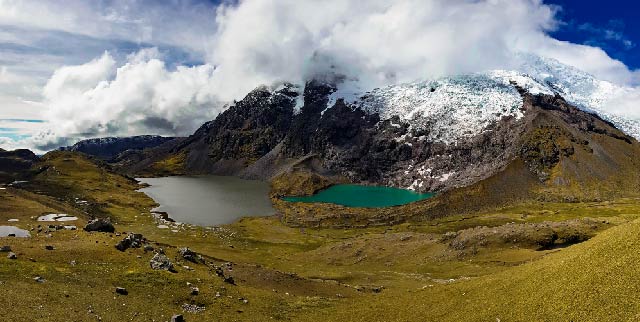
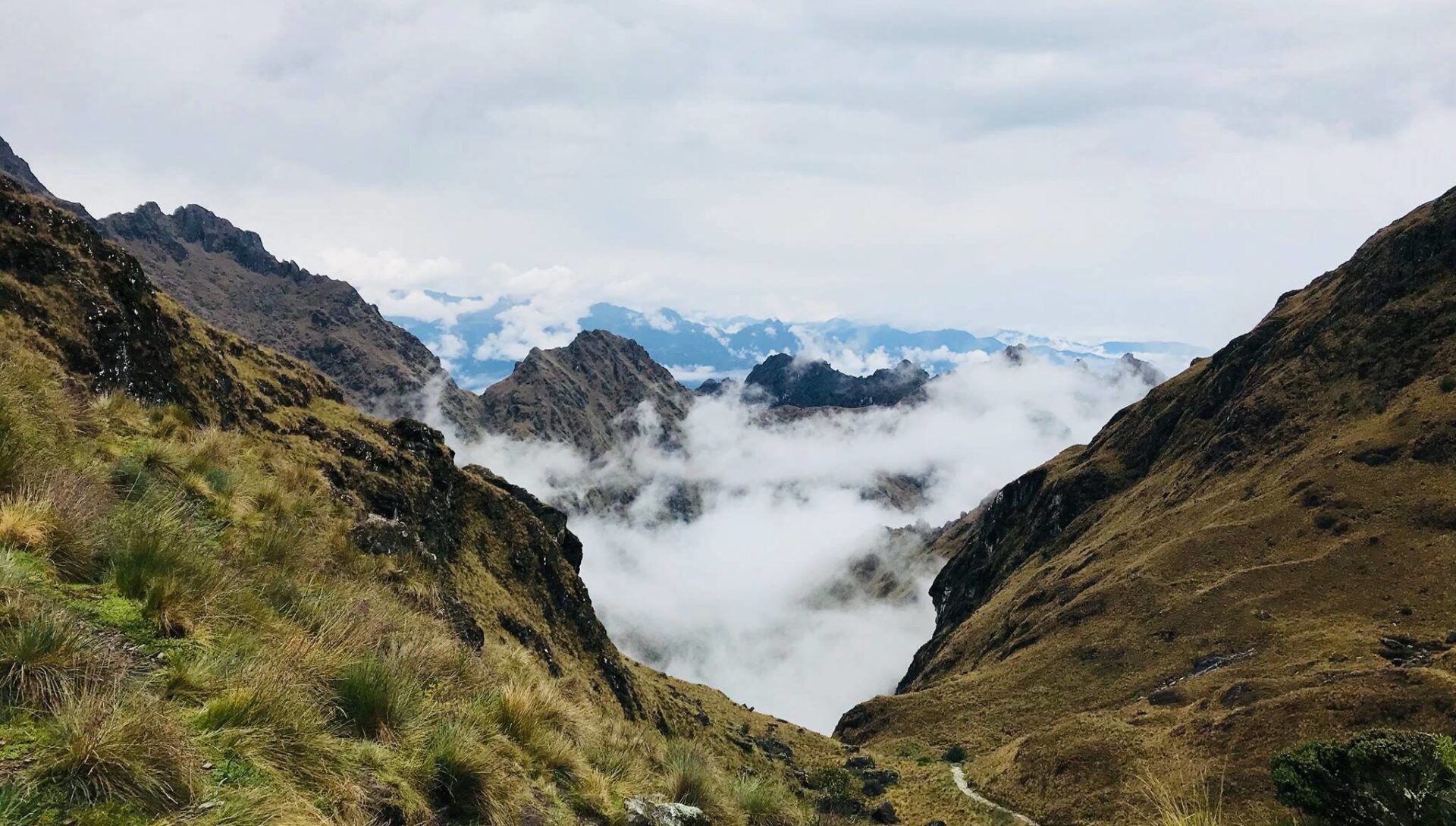
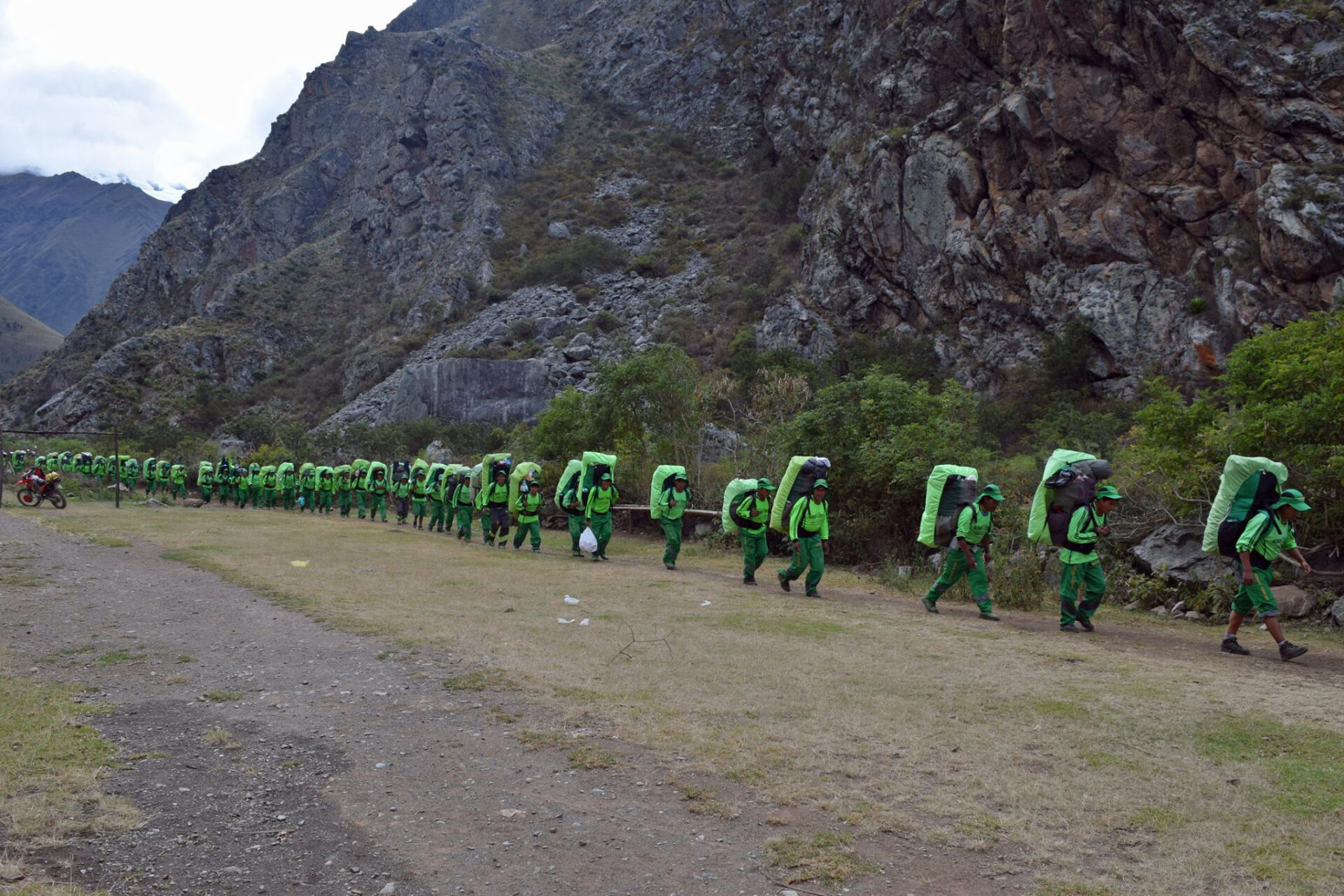
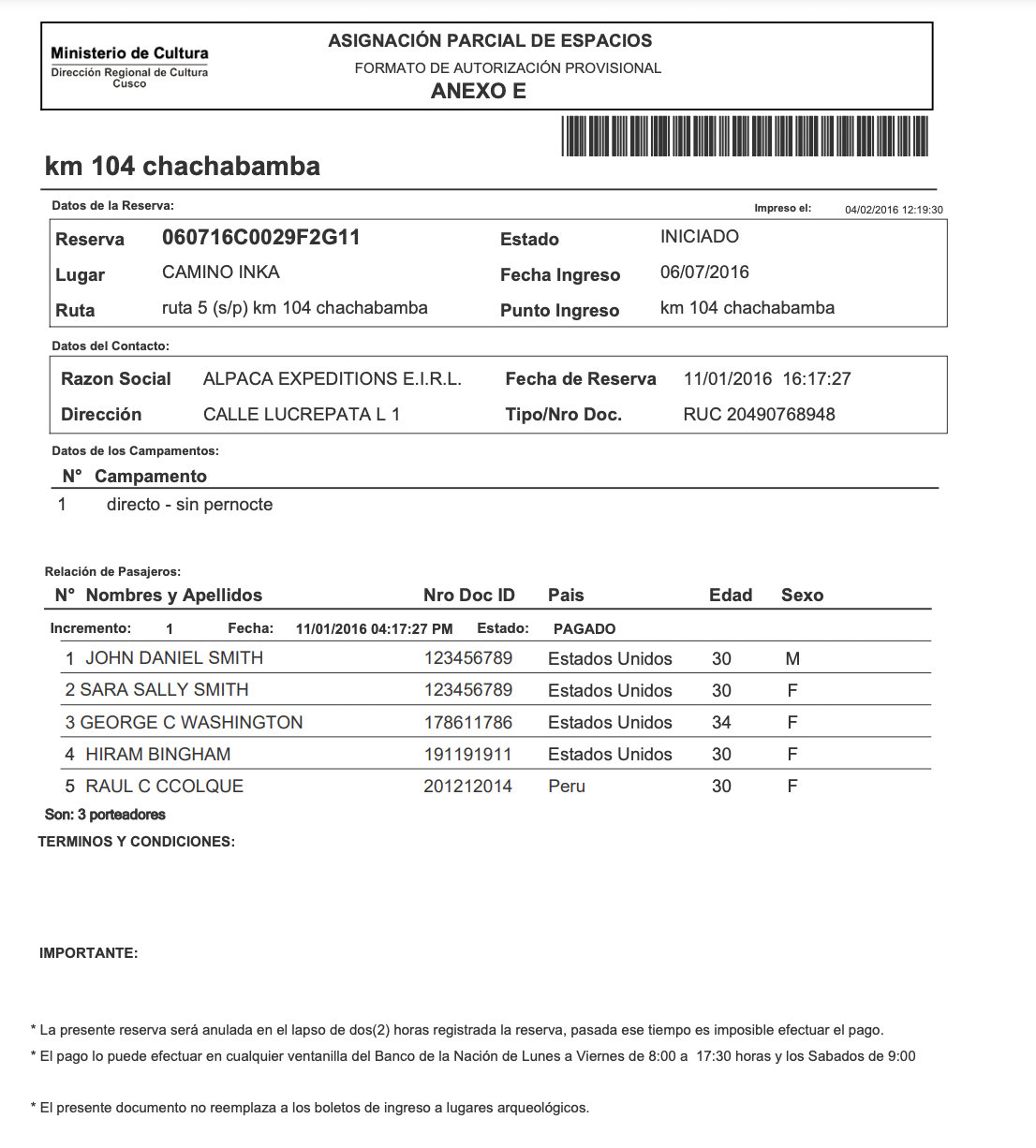
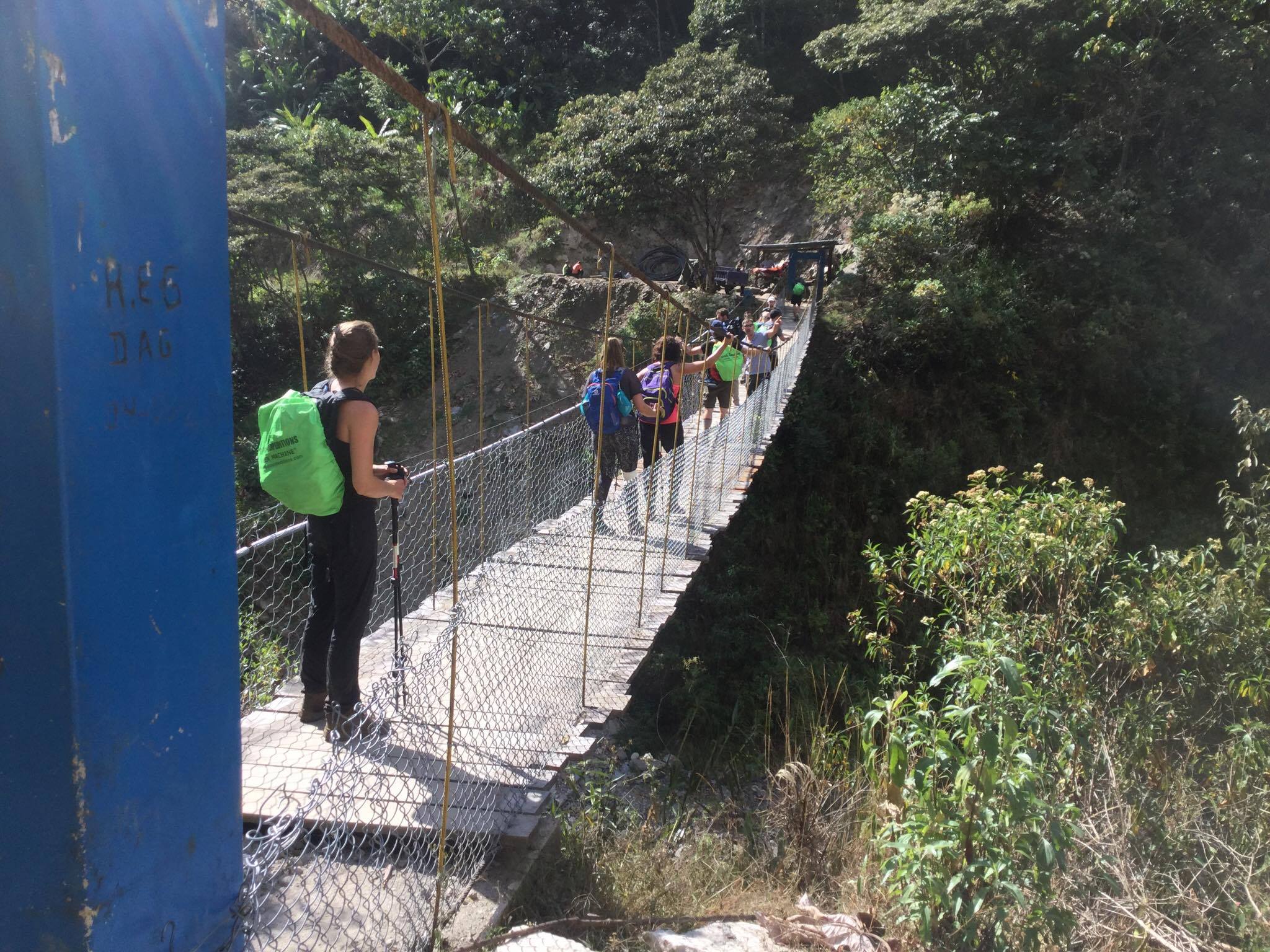


































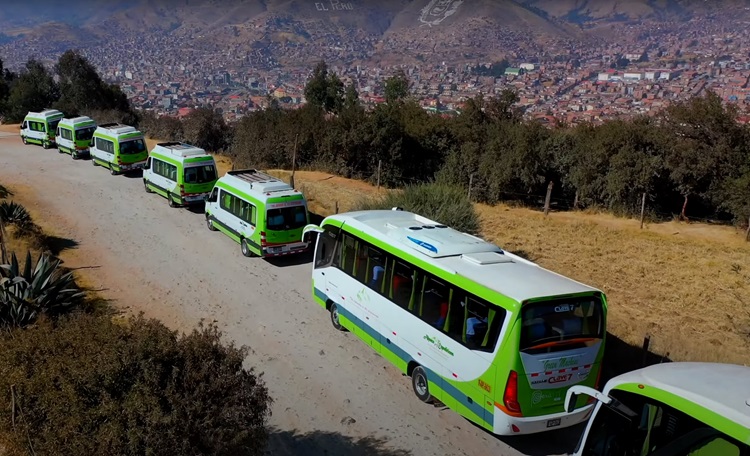
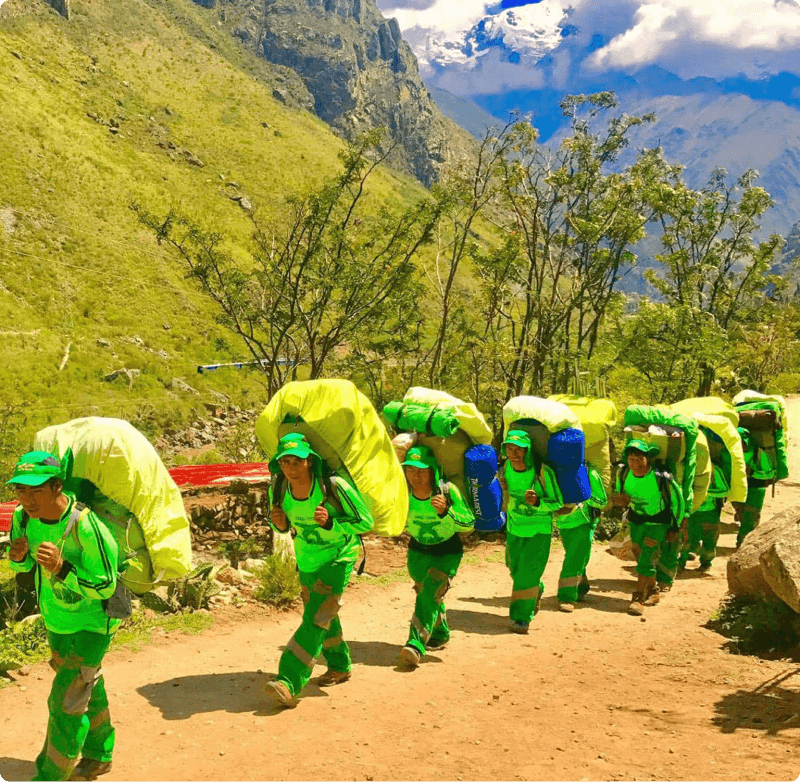 Porters will carry up to 7 kg of your personal items, which must include your sleeping bag and air mat (if you bring or rent one). From us, these two items weigh a combined total of 3.5 kg.
Porters will carry up to 7 kg of your personal items, which must include your sleeping bag and air mat (if you bring or rent one). From us, these two items weigh a combined total of 3.5 kg.

